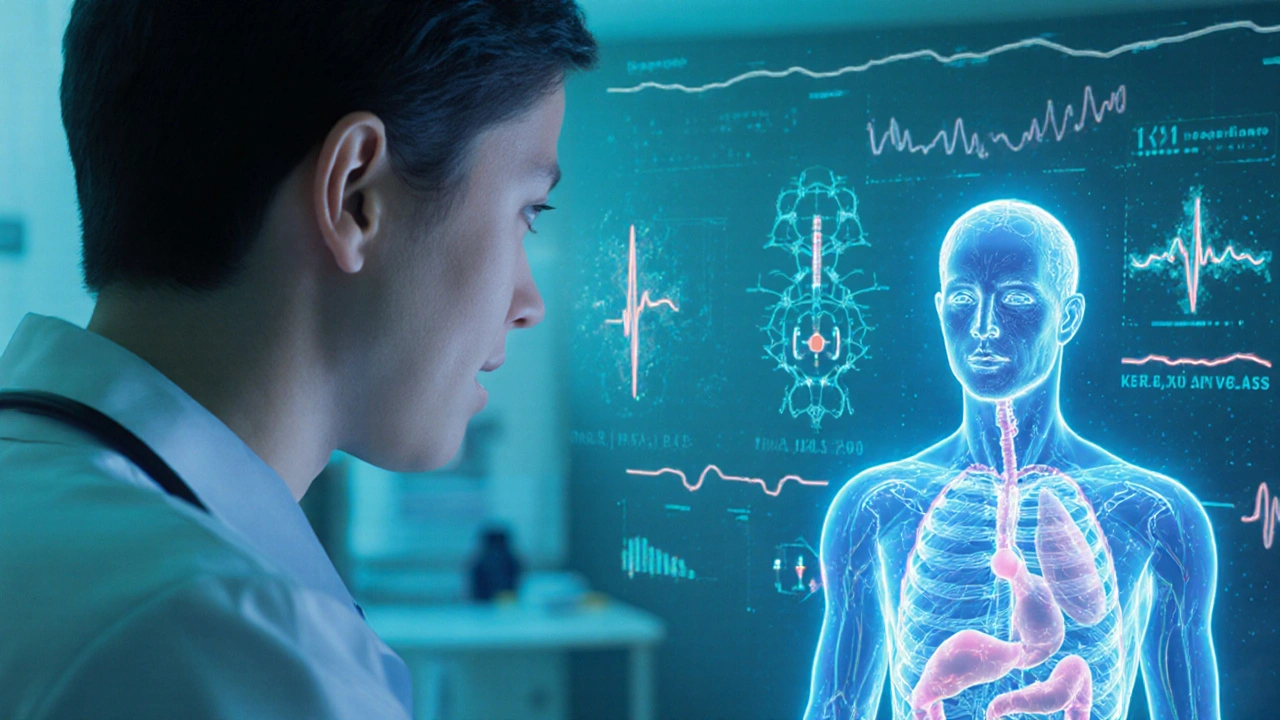AI Treatment Plans: How AI Is Personalizing Healthcare Decisions
When doctors use AI treatment plans, computer systems that analyze patient data to recommend the most effective medical interventions. Also known as machine learning-driven care, these systems don’t guess—they learn from millions of cases to suggest treatments tailored to your biology, history, and even lifestyle. This isn’t science fiction. Hospitals and clinics are already using AI to decide which cancer drugs work best for specific tumors, which heart patients need stents, and who’s at risk of readmission before they even leave the ER.
These plans rely on three key pieces: patient data, medical records, genetic info, wearable readings, and lab results fed into algorithms; clinical guidelines, standard protocols updated in real time by new research; and predictive models, statistical engines that spot patterns humans miss, like how a diabetic’s sleep pattern affects insulin response. Together, they turn broad recommendations into sharp, individualized actions. A 65-year-old with Type 2 diabetes and kidney issues might get a completely different plan than a 35-year-old with the same diagnosis but no other conditions—because the AI sees the full picture.
What you’ll find in this collection isn’t theory. It’s real examples: how AI cuts trial-and-error in mental health therapy, why some hospitals use it to predict sepsis hours before symptoms show, and how patients are getting custom drug combinations based on their DNA. You’ll see how coding, data, and medical knowledge come together—not in labs, but in clinics where decisions happen in real time. There’s no hype here. Just what’s working, what’s failing, and what’s coming next.

- Nov 4, 2025
- Mitchell Benson
- 0 Comments
How AI Is Transforming Personalized Medicine Today
AI is revolutionizing healthcare by tailoring treatments to individual biology, predicting diseases early, and cutting drug development time. It’s not replacing doctors-it’s giving them the tools to care better.
